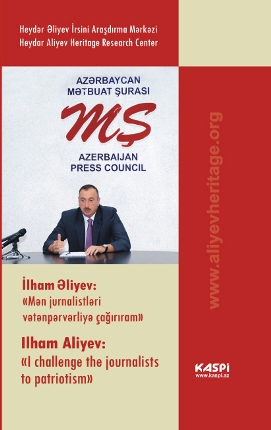 Even several years ago the wide spread Internet seemed to make quality information available for a mass reader. There were all grounds for such estimation – with a PC and modem, a person got a chance that had been impossible before to get news straight from the horse’s mouth: about the White House’s politics – from American mass media, about new geographic discoveries – from scientific journals, lives of stars – from web-sites of boulevard press. Indeed, even then, many Internet resources had a free access only for a part of information, yet that was believed a temporary discomfort.
Even several years ago the wide spread Internet seemed to make quality information available for a mass reader. There were all grounds for such estimation – with a PC and modem, a person got a chance that had been impossible before to get news straight from the horse’s mouth: about the White House’s politics – from American mass media, about new geographic discoveries – from scientific journals, lives of stars – from web-sites of boulevard press. Indeed, even then, many Internet resources had a free access only for a part of information, yet that was believed a temporary discomfort.
Last several years dissolved the illusion on an absolute delight of fees free journalism.
Publishers of printing mass media faced hard compensation possible with a web-site for the circulation and advertisement payments decrease. In result, many of those editions which earlier claimed against restrictions on Internet closed access to their materials. In particular, the practice is widely spread when only several articles, as a rule, the most interesting ones are placed in the fee part of a web-site. No serious dividends were gained when radio stations took places on Internet. And this may be explained not only with technical difficulties. The problem is also in economic profits from the net approbation which have turned out to be not so obvious. Satellite broadcast is much more perspective that has recently been wide-spread in America.
Satellite TV broadcasters are still going to attract TV presenters, however, with big skepticism experts relate to cases when re-bought celebrities continue working with free of charge mass media. In January XM agreed with TV presenter Oprah Winfrey on setting a radio Oprah & Friends (to appear in September). Despite of Oprah’s talk show being watched by 49 mln of Americans and the TV presenter being herself nicknamed “a market megaphone”, analytics suppose the Radio Oprah & Friends not to have an expected effect.
“Unlike Howard Stern, Oprah Winfrey may be seen on TV screens”, says Craig Moffett – an analytic of Sanford C. Bernstein.
If journalists leave for payable radio for lots of money, then TV reporters leave for payable cable TVs as having disappointed in free of charge TV opportunities.
When left the ABC, a news presenter Ted Coppell stated that he was not satisfied at the approach to news which had become wide-spread on TVs. Coppell asserts that channels are not interested in serious journalism any more; nowadays the most valorous is to inform on obvious matters the first. According to Fortune magazine, with coming to Discovery, Coppell lost very much in salary; instead, he may work long at each plot. The contract obliges him to make no more than 10 documentary films every year.
Speaking on intention to make foreign traffic commercial, the BBC Director on Strategy and New Technologies David Mudi assures that this step will allow increasing the quality of programs which demands the highest nowadays when there are a large number of global broadcasters in the market. However, the Guardian draws attention up to the BBC new initiative launched two days after the European Commission on competition had published a report on public broadcasters’ new technologies application. The report particularly stresses that the activity of such companies must not be an obstacle for normal competition on Internet. European officials promise to include this standard in each of the European legislations on mass media.
Free of charge journalism has been giving up its positions, as it suits neither journalists nor mass media, nor the market regulators. We may speak a lot on such a result as of a natural order. But on the whole, it is a pity that the principle “who pays that orders music” is becoming actual even for the Internet.
Andrey Lomkin

















